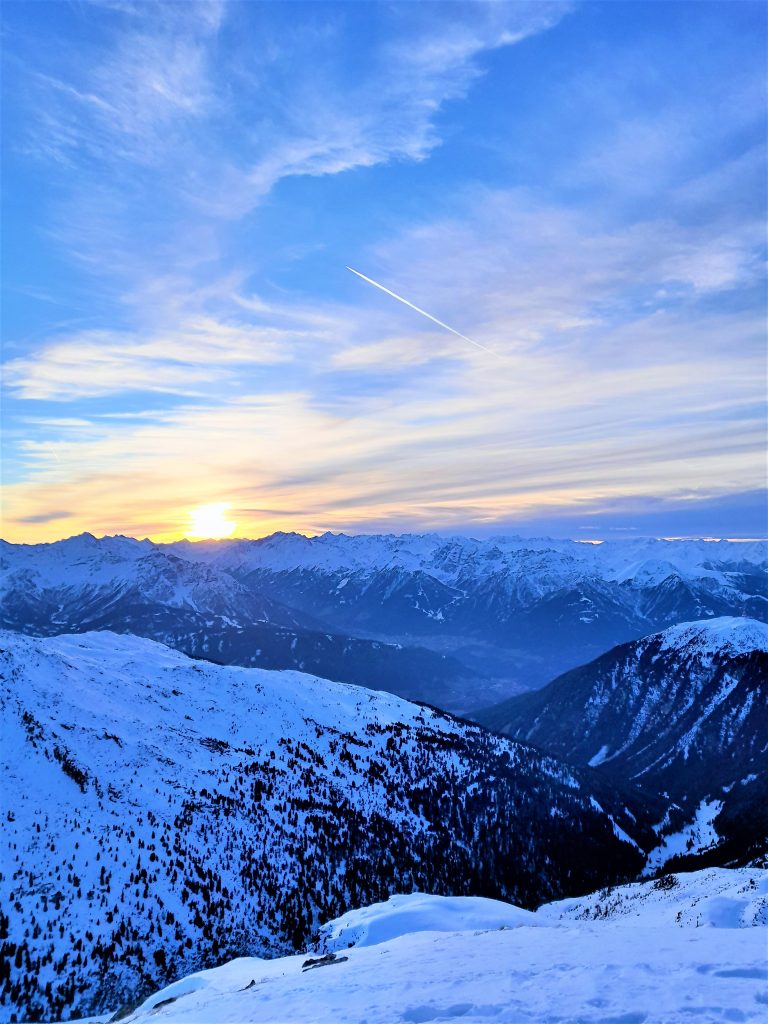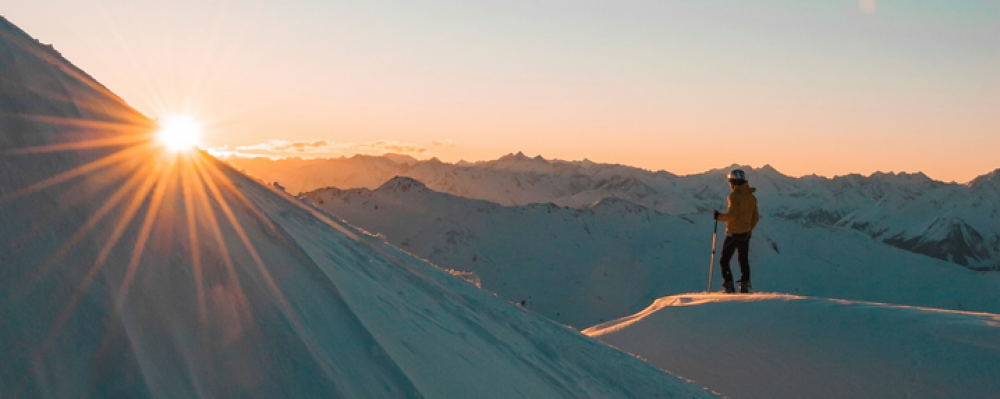
Rainer Maria Rilke is certainly in many aspects closest to my own life experiences and to how I feel, how I believe in the Divine and how I try to meet the challenges. Most of all I like his poems. Rilke was a child of romanticism – a way of feeling I am connected with. Rilke shared the utopism and radical new thinking that popped up at the beginning of the 20th century. Rilke was influenced by the existencialism of Martin Heidegger and the pacifism of Lew Tolstoi. Both thinkers have expressed thoughts that have become a background for my thinking. Rilke was not good with everyday situations. This is something I have to struggle with. Stefan Zweig once wrote about his friend Rilke: “He had no house, no address … he had no plans … he was always on the way through this world …” This is something that is true for myself just now. Rilke watched so closely the small things in nature, a flower, a stone or the leaf of a tree. He wrote diaries just as I do, he was touched by small experiences in everyday situations. He was a mystic. Most of all, many times he fell in love – but most of the time it just didn’t work out.
Rilke reflected about his being alone. Love and solitude are connected with each other. Being alone means to be open for new experiences. He was a seeker when he went to Spain or to Russia or to Egypt. I agree with Rilke about the way he talks about God – or better to say: about the Divine. God is not the one up in the heavens, but a reality to discover in life. Talking and writing about angels was important for Rilke. In my diaries, there are so many stories about angels I met in my life, most of the time unexpected, at the same time, none of these angels stayed with me. I agree with so many unorthodox religious insights of Rilke, e. g. when he stated: There is no hereafter on the one hand and no only this world on the other hand, but a harmony between these two worlds. Roses were Rilke’s most favorite flowers. At the end of his life, Rilke died because of a blood infection, when he hurt himself caring for his beloved roses. Just as Rilke or the Little Prince, I like roses.
Solitude, as I said, was one of the most important themes in the work of Rilke. Solitude has to sides. On the one hand it can be felt as loneliness, as a sadness for being alone or lonely. On the other hand solitude is a chance. For Rilke the vast distances inside yourself offer chances of new experiences.
Rilke wrote on solitude:
Solitude is like a rain
That from the sea at dusk begins to rise;
It floats remote across the far-off plain
Upward into its dwelling-place, the skies,
Then o’er the town it slowly sinks again.
Like rain it softly falls at that dim hour
When ghostly lanes turn toward the shadowy morn; …
Recently, I put one of my solitude experiences in a short poem myself:
solitude
without you
I would feel less alone
because of you
I feel alone
being with you
I am not alone
…
Klaus.heidegger, 29.12.2022 (date of death of Rainer Maria Rilke)

Lieber Herr Heidegger,
vielen Dank für diese guten Impulse, die Sie täglich in Ihrem Blog veröffentlichen.
Gerne schaue ich immer wieder dort hinein und finde gute Gedanken.
Sie haben ein Feingespür für das, was den Menschen heute in der Kirche und Welt am Herzen liegt.
Eine Frage zu den englischen Texten. Sind diese auch in deutsch in Ihrem Blog zu finden?
Vielen Dank im Voraus für eine Rückmeldung.
Herzliche Grüße
Sr. M. Gertrud
Kloster Arenberg
D – 56077 Koblenz
Danke für die freundliche Rückmeldung. Da nehme ich mir gleich vor, meine englischen Texte auch auf Deutsch zu schreiben. mlg, Klaus